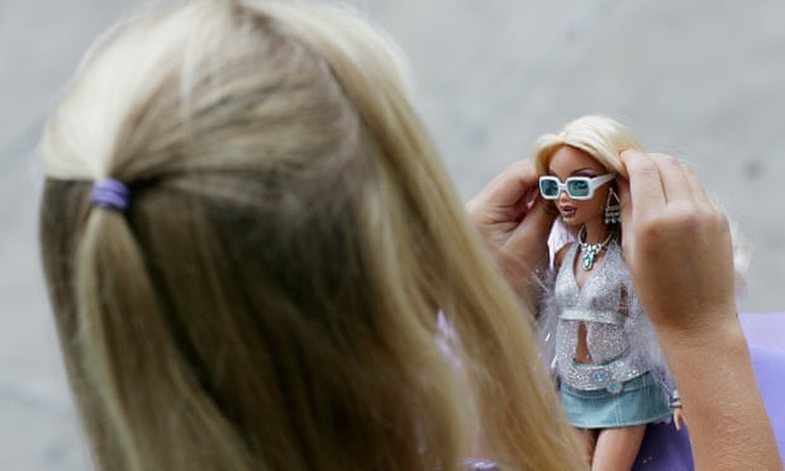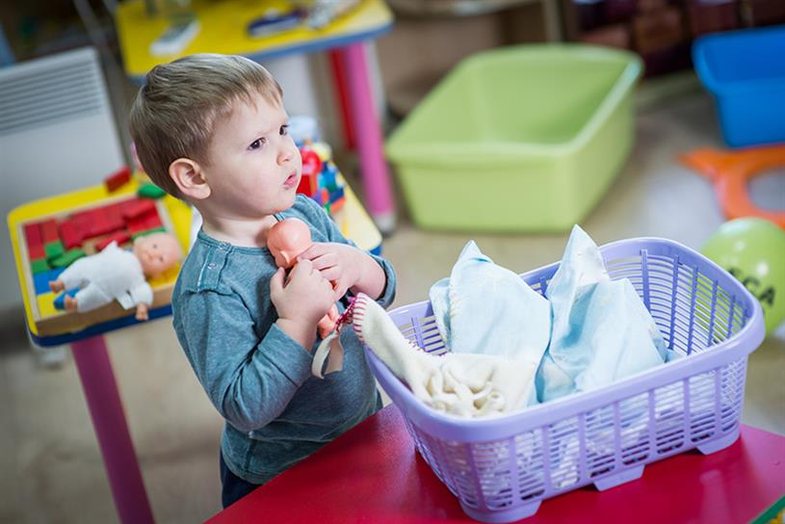
A study has found that playing with dolls encourages children to talk more about the thoughts and emotions of others.
Research suggests that imaginary doll games can help children develop social skills and empathy. The neuroscientist who led the study said the educational value of playing with Lego and building object toys was widely accepted, but the benefits of playing with dolls were overlooked.
"When children create imaginary worlds with puppetry, they first communicate out loud and then convey the message about the thoughts, emotions and feelings of others," he told the Guardian. Sarah Gerson, a neuroscientist at Cardiff University and lead author.
"This can have long-term positive effects on children, such as fostering higher levels of social and emotional processing and building social skills such as empathy that can be internalized to build and shape lifelong habits."

The study, funded by Barbie manufacturers and published in the journal Developmental Science, involved 33 boys and girls, aged four to eight, who were given a collection of Barbie dolls and toys such as an ambulance or horse for her. Playing.
Studimi zbuloi se fëmijët flisnin më shumë për mendimet dhe emocionet e të tjerëve, një koncept i njohur si gjuha e brendshme, kur luanin me kukulla, krahasuar me lojërat e tjera. Ata gjithashtu kishin më shumë gjasa t'u drejtoheshin kukullave në vetën e dytë, duke folur drejtpërdrejt me to, ndërsa personazheve në ekranin e kompjuterit prireshin t'u referoheshin në vetën e tretë. Në këtë pikë nuk u vu re dallim mes djemve dhe vajzave.

"Gjuha e brendshme mund të tregojë se një fëmijë po mendon për mendimet dhe emocionet e njerëzve të tjerë teksa luan me kukulla," tha Gerson.
The study also found that children had an increase in brain activity in the back area known as pSTS when they spoke as if their dolls had thoughts and feelings. The pSTS region is believed to be involved in the development of social and emotional processing skills.




